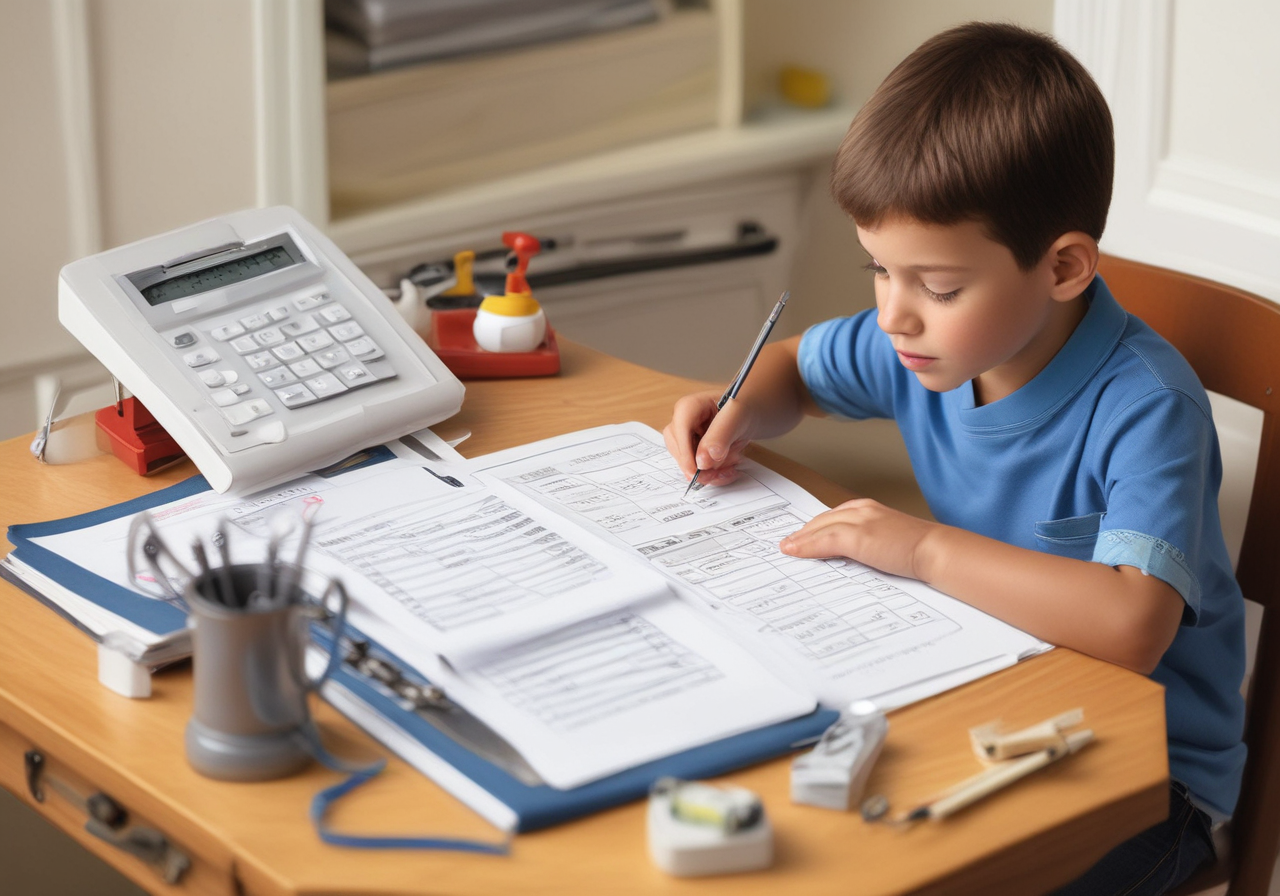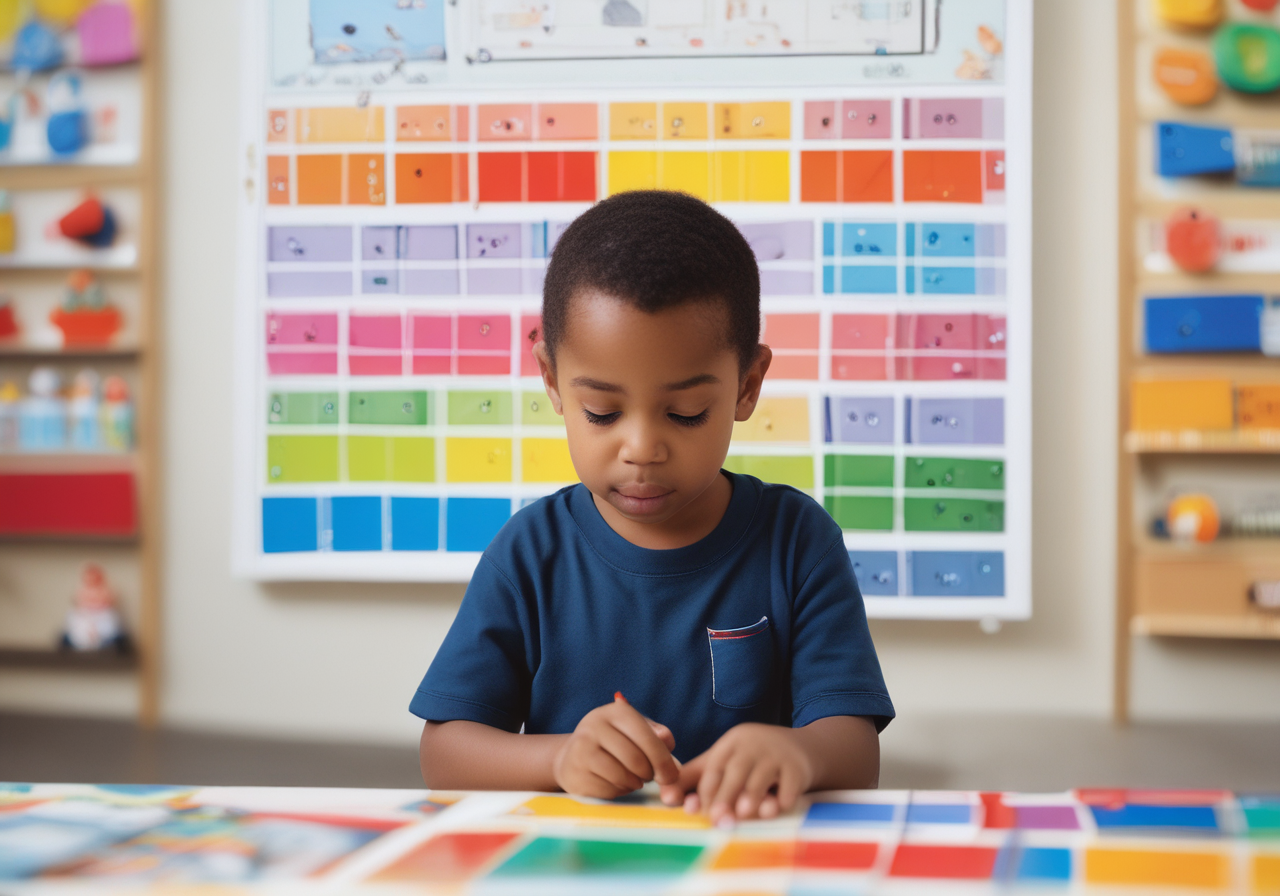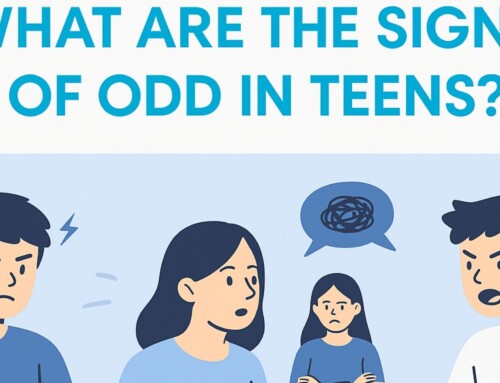Unlock Success: 6 Essential Tips for ADHD Support
Helping an elementary school child with ADHD involves supporting their emotional regulation, attention skills, and confidence — while also equipping caregivers and teachers with practical strategies. Managing attention deficit hyperactivity disorder (ADHD) requires a combination of strategies and support, as individuals often face challenges with inattention, focus, organization, and impulse control that can impact various aspects of their lives. Incorporating simple strategies like mindfulness and organizational tools can make a huge difference in managing ADHD symptoms effectively. To effectively manage ADHD, it’s crucial to prioritize and clearly outline important tasks using tools like daily planners or to-do lists, allowing for structured time management that minimizes distractions
What role does diet play in managing ADHD?
Diet is vital in managing ADHD symptoms, as specific nutrients affect brain function and behavior. A balanced diet rich in omega-3 fatty acids, proteins, and vitamins can enhance focus and reduce hyperactivity. Combining medication management with reduced sugar and processed foods improves outcomes for children with ADHD.
1. Build a Safe, Structured Relationship
- Establish clear, consistent routines. Predictability helps reduce anxiety and increase cooperation.
- Use positive reinforcement generously. Praise effort, self-control, and even small steps toward focus.
- Use visual supports (timers, picture schedules, emotion charts) to enhance engagement and understanding.
- Implementing simple organizational strategies and mindfulness practices can significantly lower stress levels for individuals with ADHD, helping them manage daily challenges more effectively.
2. Teach Emotional Regulation Skills

- Name the feeling: Help the child identify emotions using age-appropriate tools (like “feelings thermometers” or color zones) and practice healthy habits, including having a healthy snack.
- Practice coping strategies: Breathing exercises, movement breaks, drawing, or sensory tools (stress balls, fidgets).
- Model “stop-think-do” techniques — pause, notice the feeling, choose an action.
- ADHD brains often struggle with impulse control. Building emotional vocabulary and providing calming tools can empower the child to pause and make better choices.
- Creating a designated quiet space for calming down and being mindful of difficult emotions.
3. Support Executive Functioning

- Break tasks into small, clear steps. Use checklists or visuals for multi-step activities to help focus on important items.
- Use external cues: Timers, signals, or reminder cards help them stay on task.
- Make goals concrete and immediate: Children with ADHD benefit from short-term, tangible goals rather than abstract outcomes, which can go a long way. For instance, parents might set a goal to tidy up the living room each evening.
- Students with ADHD often benefit from requesting extra time on assignments and tests, allowing them to better manage their focus and performance without the pressure of strict deadlines
- To manage ADHD effectively, it’s crucial to avoid the trap of waiting until the last minute to complete tasks, as this can lead to unnecessary stress and decreased performance; instead, establish a structured routine with smaller, manageable goals.
- Using Google Calendar can greatly enhance time management for individuals with ADHD, as its reminder notifications and color-coding features help keep important tasks organized and visible.
- Creating a structured chore list can significantly help individuals with ADHD manage their daily responsibilities, providing a clear visual of tasks that fosters a sense of accomplishment when completed.
5. Build on Strengths

- Identify and celebrate what the child does well: Creativity, humor, curiosity, energy.
- Incorporate their interests into learning or emotional growth work.
- Help them develop a positive identity — they are not “just a kid with ADHD,” but a unique individual with gifts and challenges.
- Focusing on the good things about yourself can be a powerful strategy for managing ADHD, as it helps to cultivate self-esteem and reminds you of your unique strengths and talents amidst the challenges
6. Use Play and Movement

- Children with ADHD often thrive with movement-based or sensory-rich activities.
- Incorporate games with rules, role-play, storytelling, drawing, or music into sessions.
- Activities like “Simon Says,” obstacle courses, or movement-based mindfulness can strengthen attention and self-control
- For individuals with ADHD, incorporating various forms of stimulation, such as fidget toys or movement during study sessions, can significantly enhance focus and retention of information.
Filed in: ADHD, Orlando, Tessa McKee
Share This Story, Choose Your Platform!
Total Life Counseling Center consists of Licensed Counselors, masters level therapists, Español counselors, Licensed Mental Health Counselors, business coaches, and image enhancement coaches who provide counseling for emotional, mental, physical and spiritual care including marriage, individual, family, substance abuse and more. TLC’s family, trauma and marriage experts have been interviewed on National and Local TV/Radio over 200 times for their expert advice on Fox News, OWN, WETV, ABC’s Medical Minute and more. Our skilled counselors are relational, approachable and specialists providing therapy services in the Central Florida area including: Orlando, Winter Park, MetroWest, Windermere, Dr. Phillips, East Orlando, Lake Mary, and Clermont, Boca Raton Florida, and Dallas, TX.






